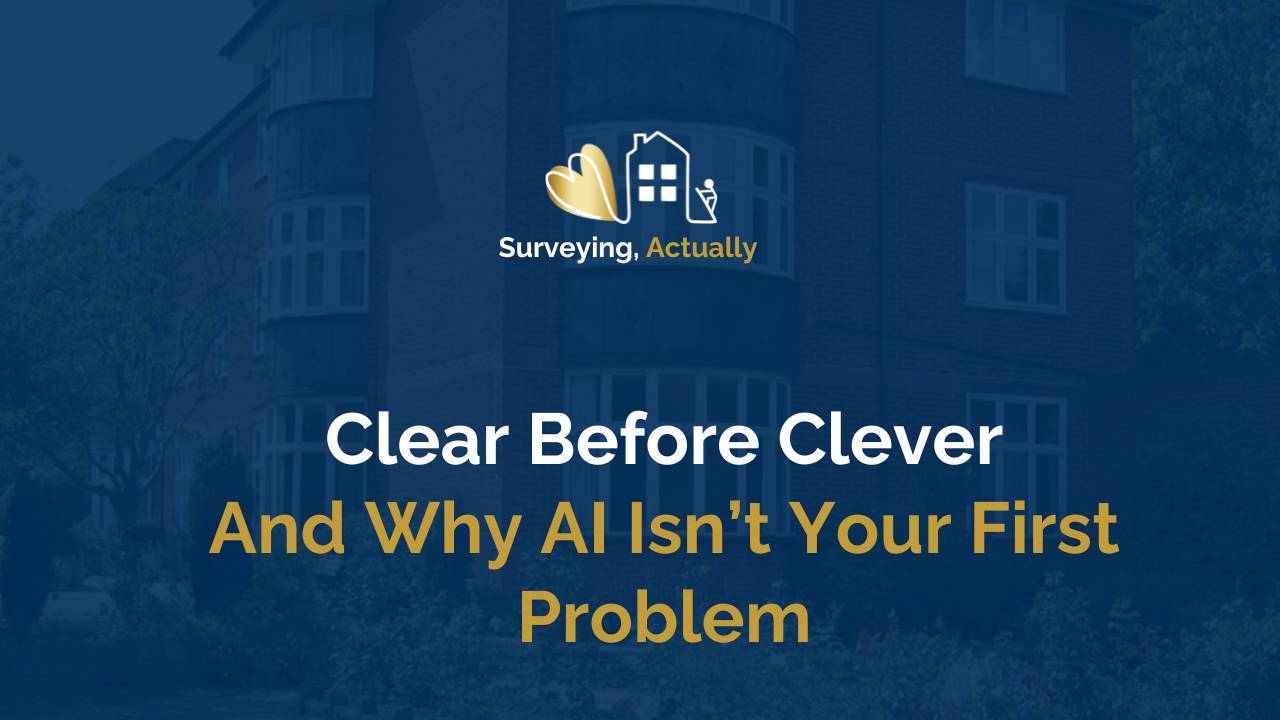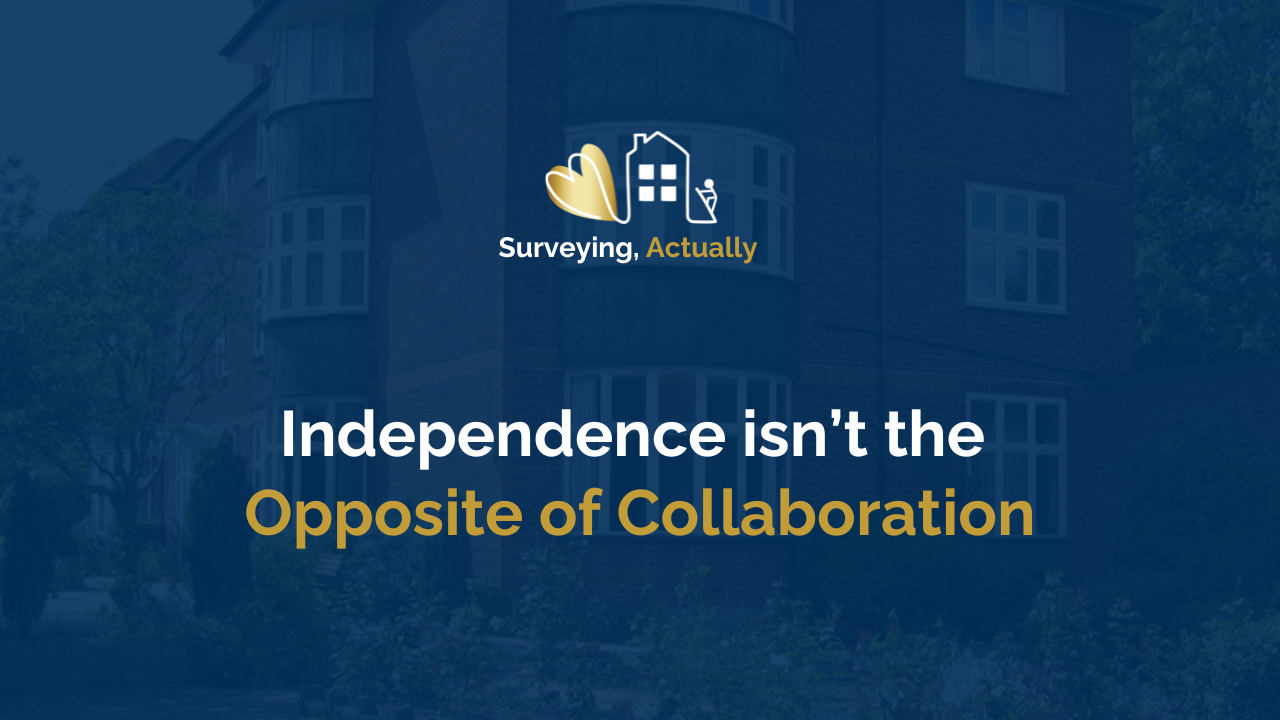Why Cultural Intelligence Matters in Surveying
May 02, 2024At Love Surveying, we often emphasise that surveying isn’t just about buildings—it’s about people. Besides technical knowledge and skills, surveyors must also be able to navigate cultural differences effectively. Cultural intelligence (CQ) is the key to building trust, improving communication, and ensuring inclusive spaces in the built environment.
Marsha Ramroop, an award-winning inclusion strategist and former Director of Inclusion at RIBA, sat down with Marion to share her perspective on the importance of implementing inclusive strategies systemically, her insights on how cultural intelligence can transform the surveying profession, and the actionable steps that her latest book proposes to foster inclusion in architecture and built environment.
Inclusion for All, or Not at All
One of Marsha’s core beliefs is that inclusion must be all-encompassing to be truly effective.
“One of the key things I tend to say is that it's inclusion for all, or it's not inclusion at all. No demographic is outside the concept of inclusion when you have policies, procedures and practices that are from an inclusive lens. When you realise you've made a shift in the way that something can be done, whether it's remuneration, hybrid working, job share, progression, all these different things, they are fundamentally the way that things can change for the better when you have an inclusive perspective.”
This approach means shifting the focus from identity-based initiatives to systemic, organisation-wide strategies, which also applies to the surveying industry.
Building Inclusion
Marsha's new book, "Building Inclusion: A Practical Guide to Equity, Diversity, and Inclusion in Architecture and the Built Environment," represents a practical guide for creating inclusive spaces. The book is designed to be a useful manual for anyone, including surveyors, looking to implement inclusive practices in their work.
“It is a manual that people can have to hand if they're thinking, what is EDI even about? Why do I need to think about it? And then what? What are the outcomes that I need to be aiming for? How do I get there? And you literally can flick to something about inclusive recruitment that's in there.”
Cultural Intelligence in Practice
Cultural intelligence (CQ) is a measurable and improvable skill that enables individuals to work effectively across cultural differences. As Marsha explains:
“Cultural intelligence is the capability to work and relate effectively across difference. The research has been done across 170 countries around the world, more than 300,000 people across the world have taken this measure, and consistently, the results come back that you need four capabilities if you want to be effective at working and relating across difference: drive, knowledge, strategy, and action.”
For surveyors, these four capabilities can be developed and applied in everyday interactions, from communicating with clients to navigating regulations and managing employees.
Learning from Mistakes
One challenge in fostering cultural intelligence is overcoming the fear of getting things wrong. Marsha emphasises the importance of acknowledging mistakes and learning from them:
“If you realise you've made a mistake, you need to acknowledge it, listen to the impact that it's had, recognise that your intention was one thing, but there's a gap between what you intended and the impact that it had, and you need to listen to what that impact was. You need to learn from listening and reflect on your learning, because reflection learning is more powerful than the learning itself, and then you need to resolve to do things differently.”
This mindset shift is crucial for surveyors engaging with diverse clients, communities, and stakeholders. Cultural intelligence is, as Marsha’s insights show us, a vital skill that can elevate the surveying profession.
Enjoy this article? You might also like - Why Regulation Matters In Your Surveying Business.
Is this content useful? I'd love to hear your suggestions and recommendations. If you found this article helpful, please share it and show your support by leaving me a Google review, or you can Buy Me a Coffee. As a small business, it makes all the difference.





